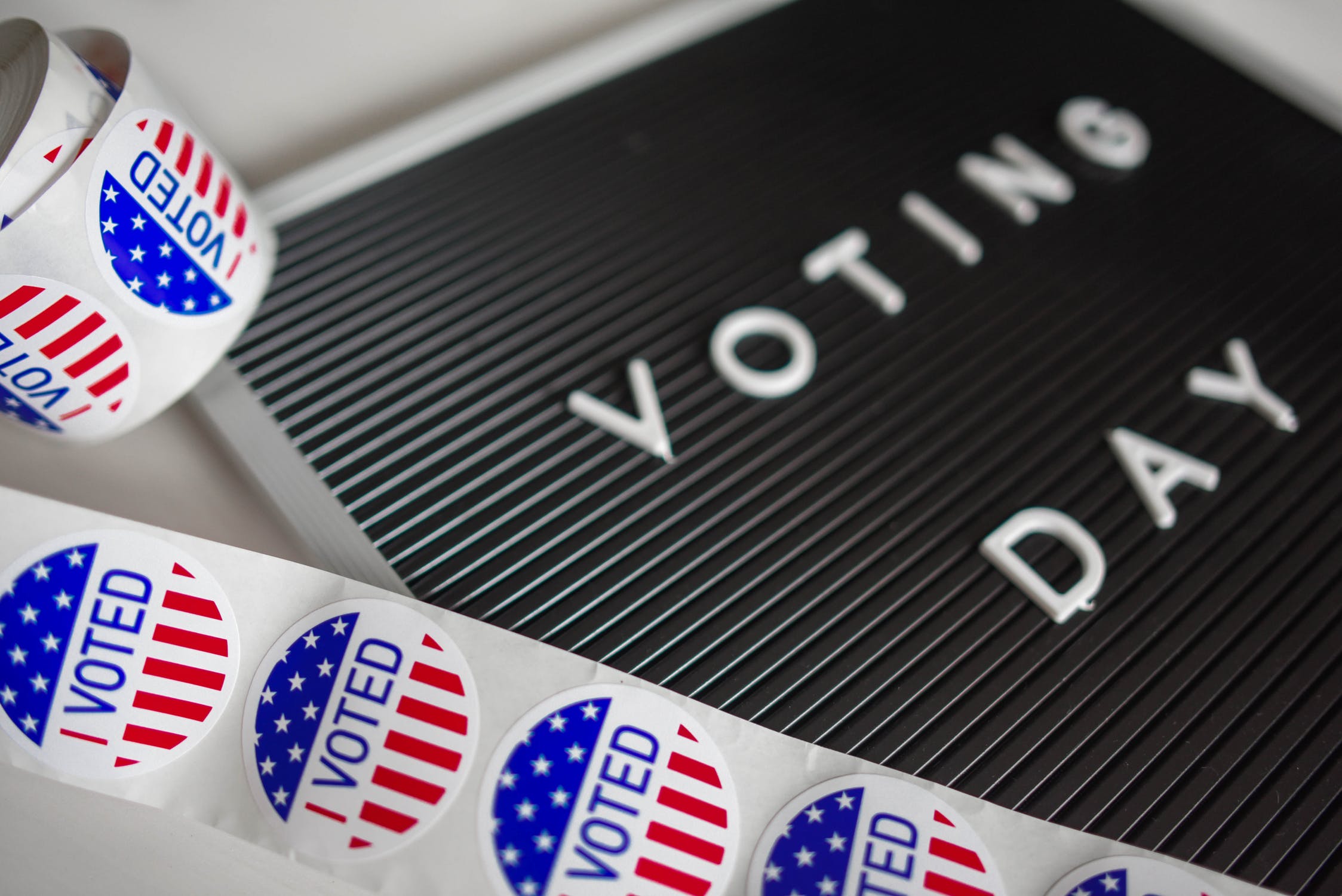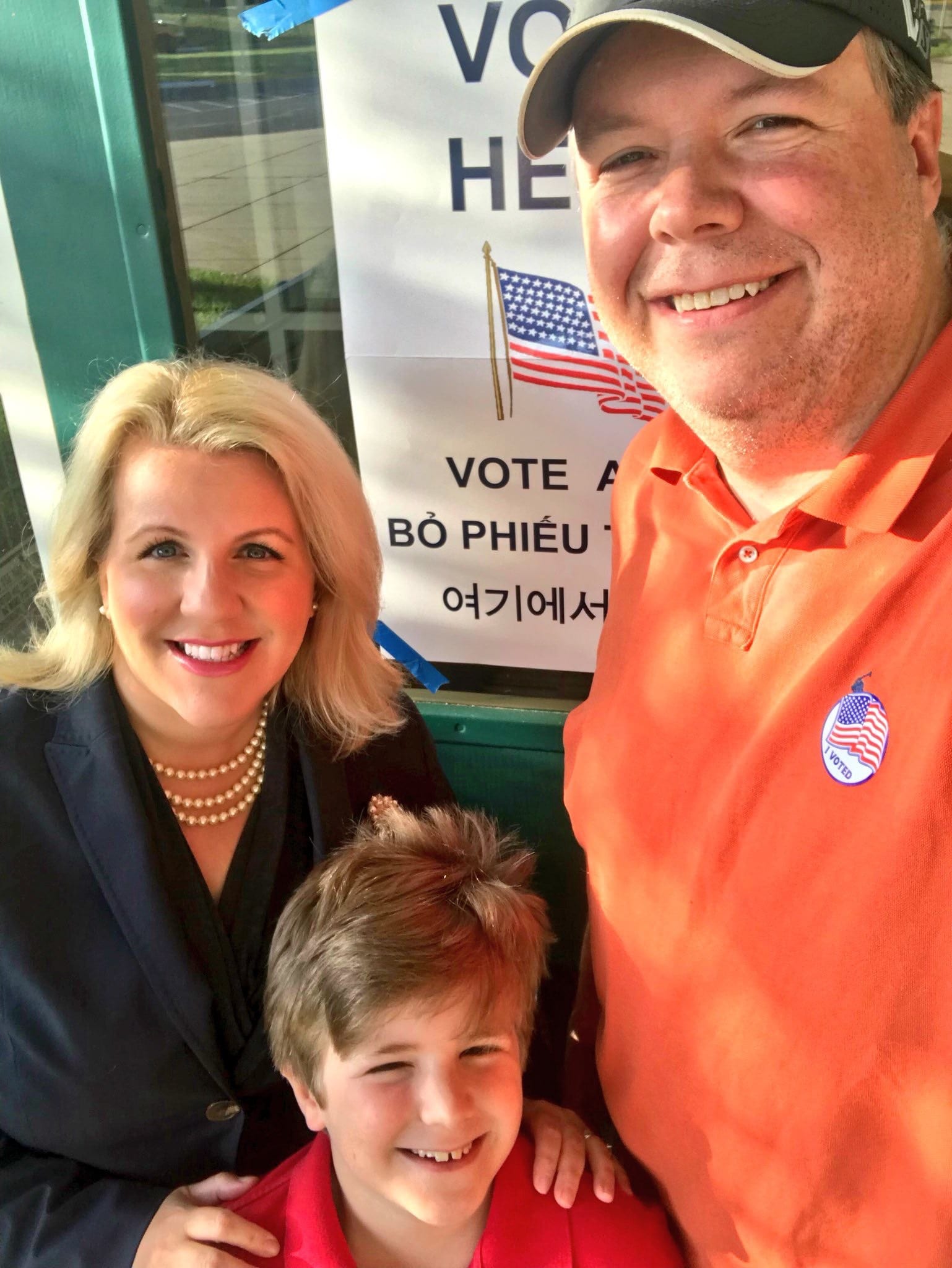Since 1973, Women’s Equality Day is observed annually on August 26. The day was chosen to commemorate the 1920 official ratification of the 19th Amendment to the Constitution, which granted women the right to vote. As we celebrate Women’s Equality Day this coming Monday, it’s important to reflect on the progress made over the past 99 years as well as prepare for 2020, where we can expect to see substantial engagement as voters across America begin their advocacy for their chosen candidates and causes. 2020 represents two major milestones: both the 100th anniversary of the 19th amendment, and a presidential contest that is likely to galvanize voters from all corners of the political spectrum. While there is much progress on women’s equality to celebrate in today’s political process, there also remains significant work to be done before true equity is achieved.

Politics is ever evolving and imperfect. Even as we celebrate the 99th anniversary of a woman’s right to vote, the reality is more troubling. While the right to vote was won on paper in 1920, it took years for white women to fully recognize their suffrage rights. Women’s turnout in the 1920 election was a low 36 percent of eligible women. It took black women generations for their rights to be fully realized and protected. This was especially true in some Southern states, where black women were unable to freely exercise their right to vote up until the passage of the Voting Rights Act in 1965. Black women found themselves targeted by many disenfranchisement methods including having to wait in line for up to twelve hours to register to vote, being forced to pay poll taxes, as well as being subject to literacy and Constitutional interpretation tests designed to block their eligibility. Despite these difficulties, black women fought long and hard to secure their right to vote, decades after they ostensibly earned it via the 19th Amendment.
As we embark on the 2020 presidential election, as always, voter turnout will decide who will be president of the United States. It’s been said voting is the great equalizer – everyone who is eligible gets one vote, regardless of wealth, education, gender, or any other identifier. But showing up at the polls on election day is but one way to influence the outcome of the 2020 elections. What can you do to maximize your impact during arguably the most important election of our lifetime? Here are four things you should commit to doing from this Women’s Equality Day through November 3, 2020 to ensure your candidate or causes prevail:
Register to vote.
If you’re eligible and not registered to vote, please stop reading this RIGHT NOW and click on this link for information on how to register in your jurisdiction. In the 2016 presidential election, only 58 percent of eligible voters, 138 million Americans, casted votes. In the 2018 midterm Congressional elections, only 49 percent of eligible voters, 113 million people, turned out to vote. Age, income and education levels are significant factors affecting voter turnout, with education level being the best predictor of whether someone will cast a ballot. Those with advanced degrees are three times more likely to vote than those with less than high school education. In the end, elections are about getting more votes than your opponent, so the most important thing anybody can do is show up and vote.
Mobilize others to vote.
Think about the potential impact on election outcomes, equity and policy if the voter turnout model increased by even five percent. A less than one percent shift in a handful of key states in 2016 could have led to a different outcome, and some races around the country were even closer than that. You have the power to create that change. If you’re interested in organizing a nonpartisan voter registration drive, there are organizations such as the League of Women Voters who can help you. If you’d like to organize a voter registration drive to benefit a party or candidate, you should reach out to the campaign of your favorite candidate or your local political party unit and offer to help with a voter registration drive. Local candidates and parties are always looking for volunteers, and every time you talk to your neighbors, friends and family about voting, the better chance those people will show up to the polls.
Donate time or money, especially if you’re a woman.
It’s simple to share your support about the candidates and causes you prefer with social media activism, but social media alone doesn’t translate to political power in electoral politics. An insightful recent study by All in Together (AIT) revealed voters, especially women, say they use social media frequently as a source of information and to post about politics and political issues. However, despite increased activism online, voters are not getting more involved in other kinds of political activism – with only eight percent planning to participate by contributing to a campaign, volunteering, or taking some other step besides voting. Men are still more likely to donate to candidates or volunteer to help them win and these are actions that make the most tangible difference in outcomes. While it may feel good to share your opinions on social media, sharing your money and time with candidates you support is far more likely to affect the outcome of the next elections.
Champion an issue.
The AIT poll also found that immigration ranked as the most important deciding issue for the 2020 election, followed by healthcare, and dysfunction in Washington. If you are more driven by issues than candidates, there are various organizations along every part of the ideological spectrum you can support with time or financial donations to champion a cause you believe in. Among the top issues in state and local governments for 2019 include things like Medicaid expansion, tax reform, education funding, voting reform, transportation issues, environmental regulation, and gun control.
There’s approximately 62 weeks between Women’s Equality Day and the 2020 Presidential Election. If you’ve been grappling with how to drive meaningful change in this unpredictable and complex political environment, commit yourself to completing one of these actions each week and become a force for good when it comes to women’s equity in electoral politics.



